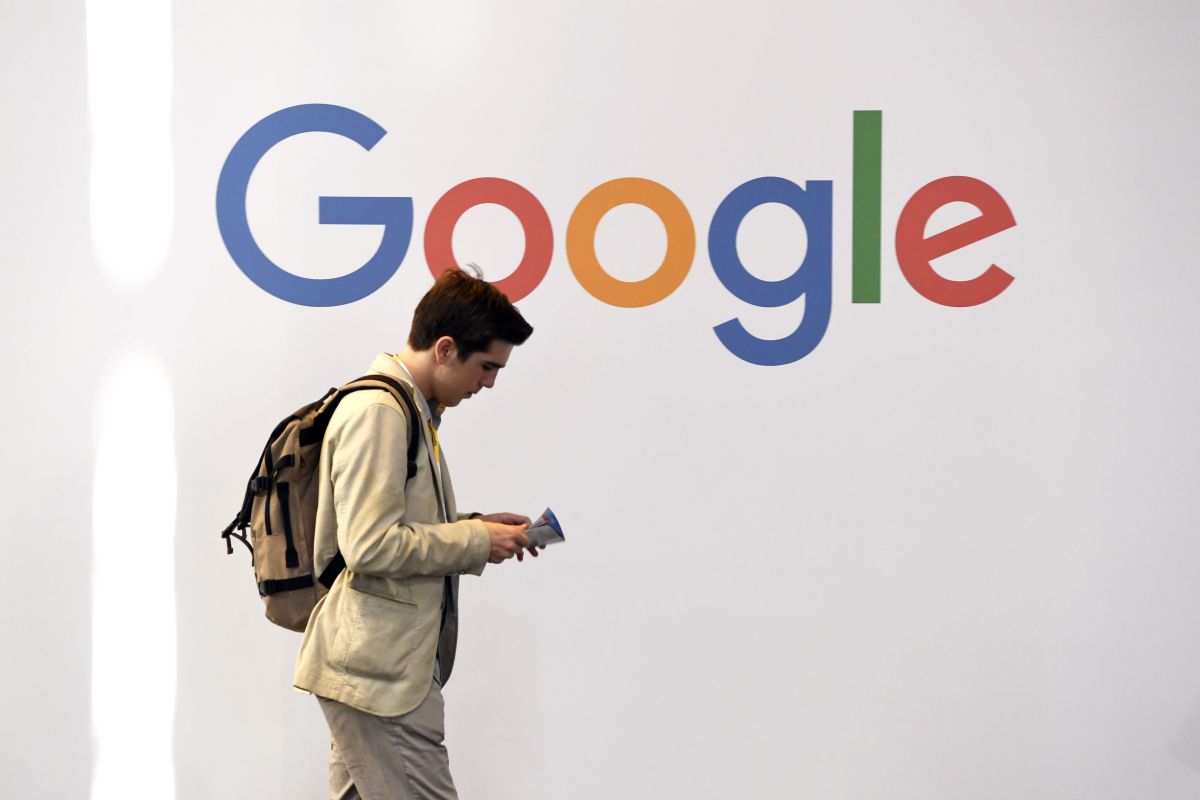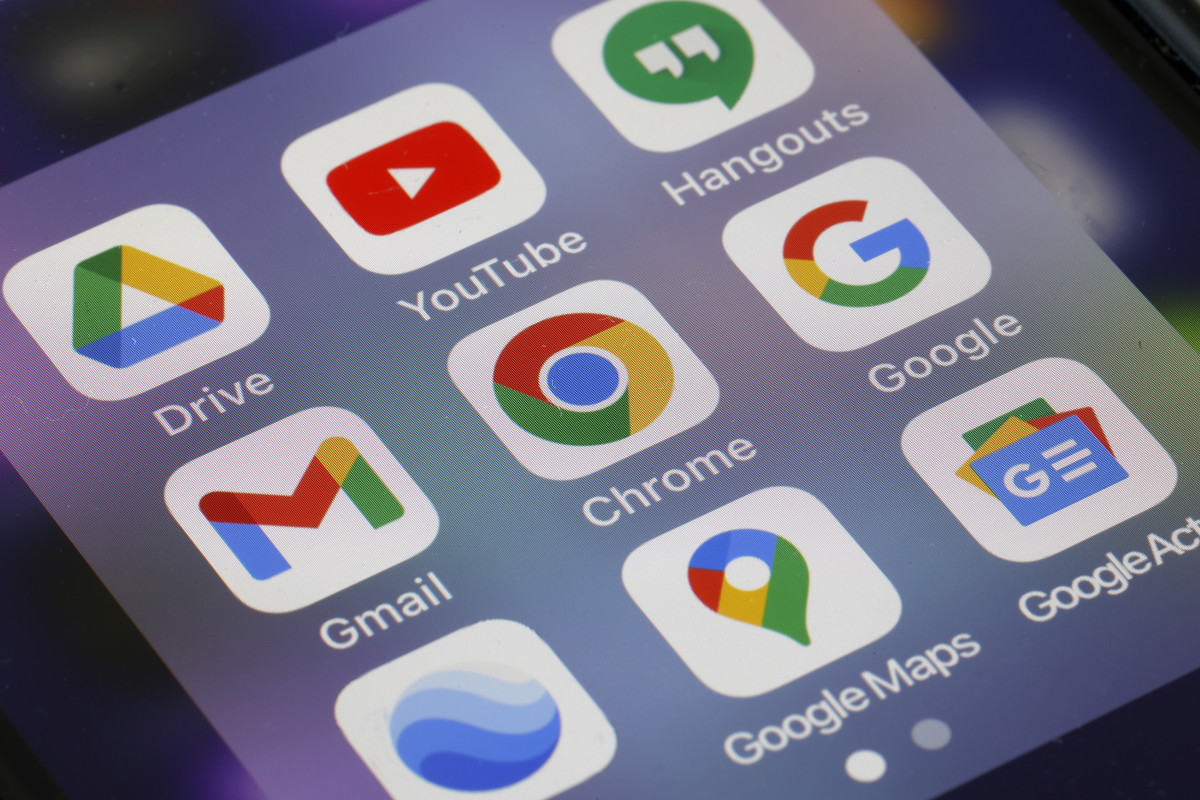
Google (GOOGL) has recently found itself in the crosshairs of political controversy after it quietly made some major modifications to two of its most popular apps.
Last month, after President Donald Trump signed an executive order to rename the Gulf of Mexico (an oceanic basin between the United States, Mexico, and Cuba) to the "Gulf of America,” curiosity over whether or not Google would acknowledge the change in its Google Maps app erupted on social media.
💰💸 Don't miss the move: Subscribe to TheStreet's free daily newsletter💰💸
In a tweet on Jan. 27, Google addressed the speculation, hinting that it would soon be making the change.
Related: Meta’s recent layoffs take an unexpected turn
“We’ve received a few questions about naming within Google Maps,” said Google in the tweet. “We have a longstanding practice of applying name changes when they have been updated in official government sources.”
The change became official on Feb. 10 as the Gulf of Mexico is now called the Gulf of America for Google Maps users in the U.S.
“In the U.S., the Geographic Names Information System (GNIS) has officially updated ‘Gulf of Mexico’ to ‘Gulf of America,’” said Google in a blog post. “As we announced two weeks ago and consistent with our longstanding practices, we’ve begun rolling out changes to reflect this update. People using Maps in the U.S. will see ‘Gulf of America,’ and people in Mexico will see ‘Gulf of Mexico.’ Everyone else will see both names.”
Google confirms another controversial move
Shortly after the change went live, social media users sounded the alarm on the fact that Google has also quietly pulled several holidays and cultural events from its Google Calendar app.
Some of the holidays that were cut include Black History Month, Women’s History Month, Holocaust Remembrance Day, several LGBTQ+ holidays, and more.

The cuts were first spotted by some social media users last week, but the change is now gaining widespread attention online.
In a statement to The Associated Press, Google said that it made the change in mid-2024 after it received feedback about missing events and countries on its calendar.
"Maintaining hundreds of moments manually and consistently globally wasn't scalable or sustainable," said Google in the statement. "So in mid-2024 we returned to showing only public holidays and national observances from timeanddate.com globally, while allowing users to manually add other important moments."
Many users took to social media platform Reddit to express outrage over the controversial update to Google Calendar.
View the original article to see embedded media.
More politics and finance:
- China fires back at more than just Google after Trump tariffs
- Angry Tesla owners threaten to take action against Elon Musk
- Mark Cuban slams crypto industry leader for 'huge mistake'
View the original article to see embedded media.
View the original article to see embedded media.
Google joins a growing trend in corporate America
The move from Google comes after it scaled back multiple diversity, equity and inclusion initiatives last week. In an email sent to employees on Feb. 5, Google said that it will be ending its goal to hire more employees from underrepresented groups and will be reviewing a plethora of its DEI programs.
Google also recently updated its diversity website to change the name of a top executive’s position from “Chief Diversity Officer” to “VP, People Operations.”
Related: Google is pulling the plug on a popular product consumers love
Alphabet, Google’s parent company, also scrubbed language that referenced its commitment to DEI in its latest 10-K Securities and Exchange Commission filing.
Google’s decision to scale back its DEI efforts follows Trump's executive order, which was issued last month, that dismantles the federal government’s diversity, equity, and inclusion programs. He claims in the order that the programs enforce “illegal and immoral discrimination.”
Many companies such as Target, Walmart, Amazon, etc., have also recently opted to scale back their DEI efforts.
Related: Veteran fund manager issues dire S&P 500 warning for 2025







